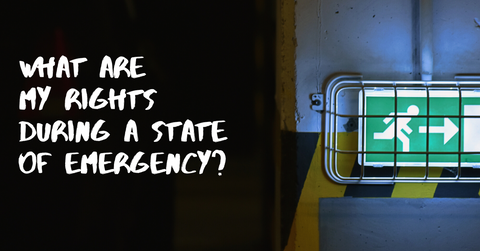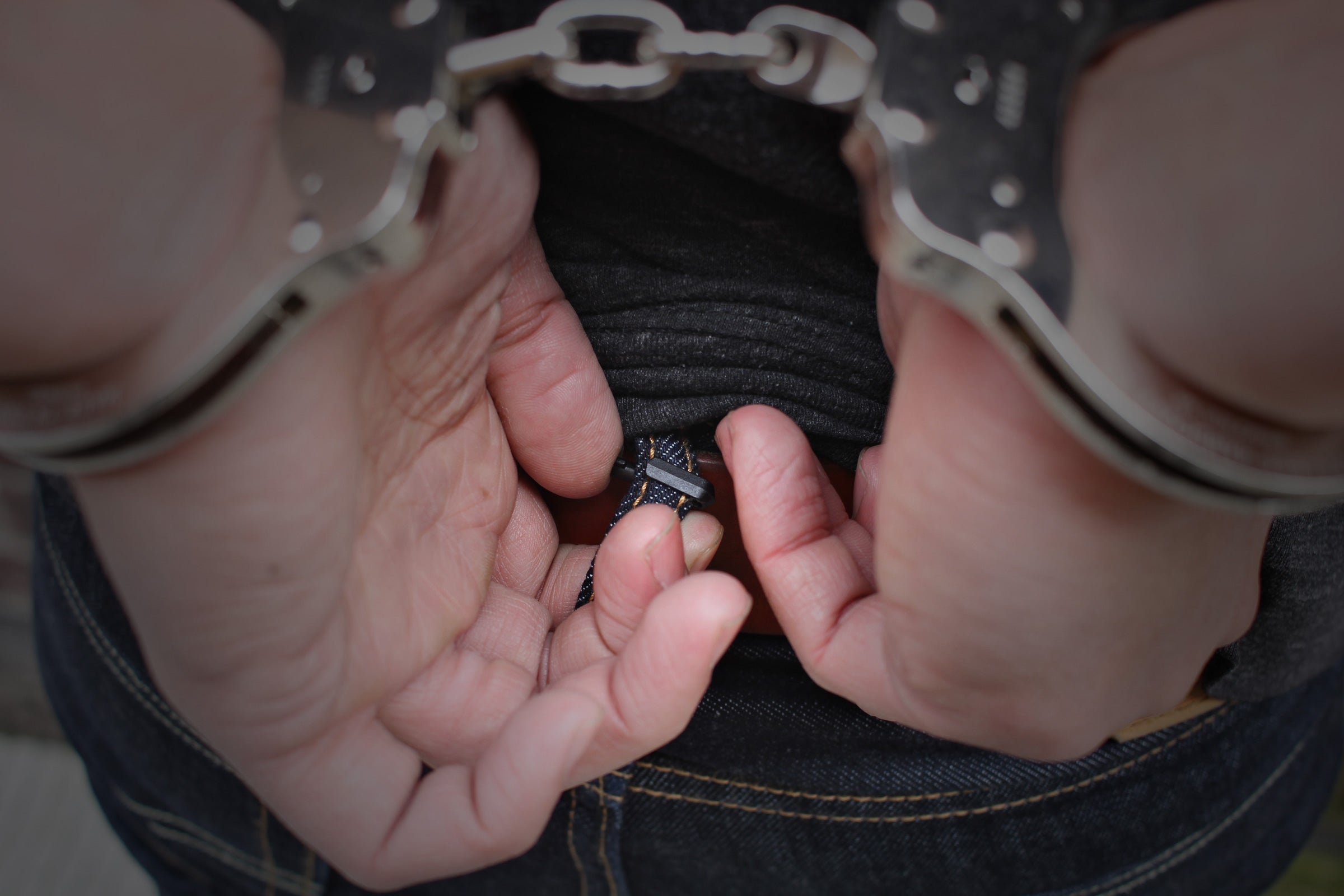In recent months nearly every state in the country has declared a state of emergency in order to address COVID-19. Although emergencies can be declared for many reasons, the pandemic is unique in the memory of every currently living generation. The sometimes heavy-handed restrictions have caused a lot of trepidation for many. In addition to losing livelihoods, many have been greatly disturbed by the limitations on their ability to freely travel. We've put together a short primer on what a state of emergency is and how it affects your rights.

What is a state of emergency?
An official "state of emergency", when declared by the governor of a state, is a legal condition that triggers access to extra material, monetary, and sometimes personnel resources to cope with emergencies like natural disasters and pandemics.
Extra resources, however, are not the controversial aspect of a state of emergency, but rather the extra power it provides the governor to restrict certain freedoms afforded to Americans in the Bill of Rights.
What rights can states restrict?
Generally speaking, during a state of emergency states are most likely to restrict the right to travel freely. This includes "stay home" orders like many states have recently enacted to prevent the spread of COVID-19, and it also includes interstate travel restrictions as well as curfews.
The goal behind the restriction of rights is only ever to preserve life and property and prevent the citizens of the state from exercising their rights in a way that impedes emergency efforts. Curfews in response to recent riots is one such example.
According to NOLO.com,
"In a 1905 decision, the U.S. Supreme Court held that the “police power” of the states allows “reasonable regulations … as will protect the public health and safety.” Jacobson v. Massachusetts, 197 U.S. 11. What does this mean? In a state of emergency, the government can restrain and regulate certain rights and liberties—such as the freedom to travel—for the greater good. But actions taken must be reasonable and use the least restrictive means (or methods)."
What rights are states unable to restrict during a state of emergency?
Because disasters and public health emergencies can vary wildly, there is no definitive standard governing which rights states are barred from restricting and which are fair game.
What should I do if I feel my state is enroaching upon my rights unreasonably?
You can write or call your local governing officials, utilize the media via letters to the editor, or contact a lawyer.
Travel restricted? Not a problem! Get urban survival gear shipped directly to your door.

